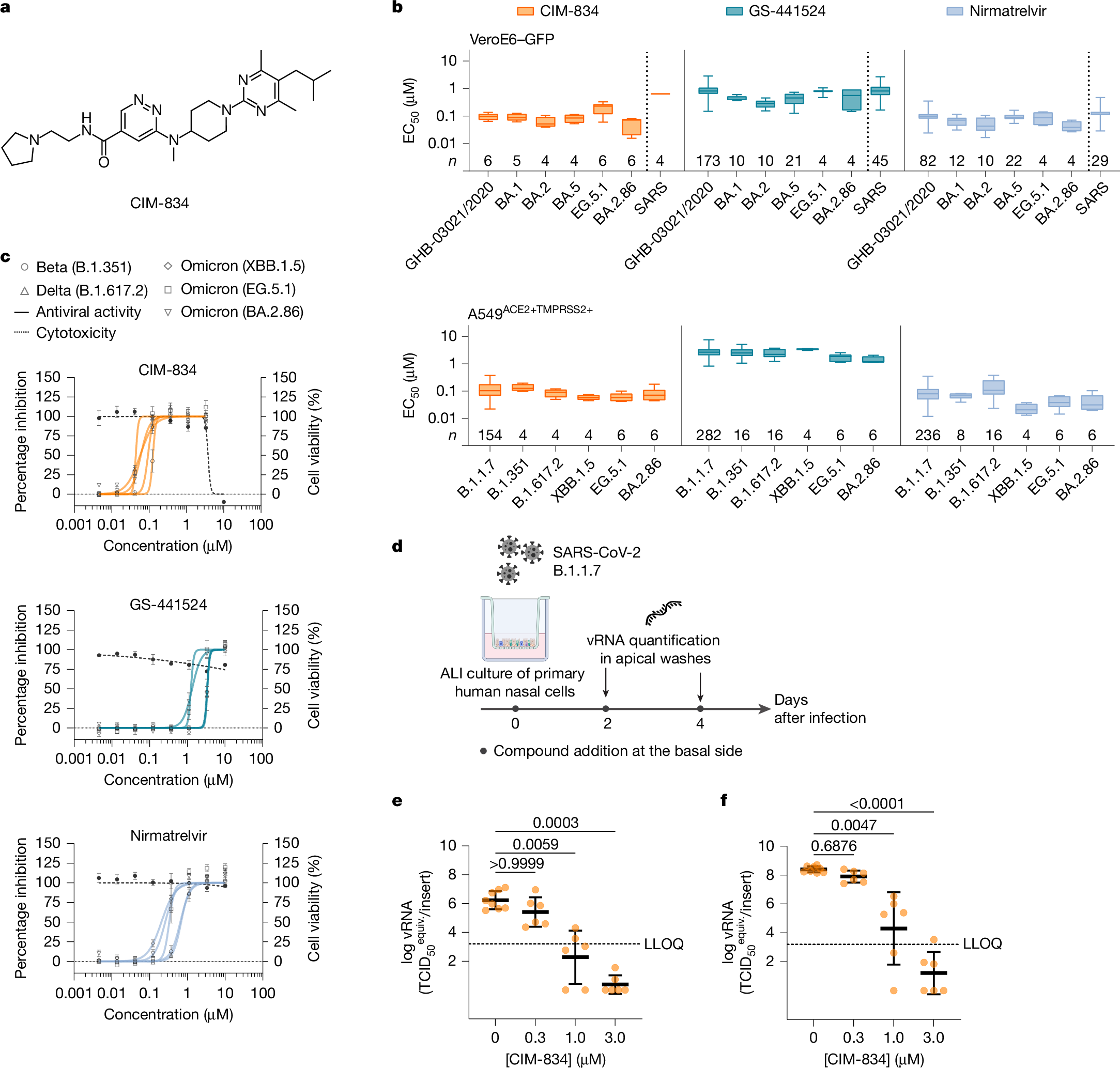2025-03-25 中国科学院(CAS)
<関連情報>
- https://english.cas.cn/newsroom/research_news/chem/202503/t20250326_908776.shtml
- https://pubs.acs.org/doi/10.1021/acs.jafc.4c13133
抗炎症および抗糖尿病作用を有するPiper longum L.由来の二量体アミドアルカロイドエナンチオマー Dimeric Amide Alkaloid Enantiomers from Piper longum L. with Anti-Inflammatory and Antidiabetic Effects
Guanghui Gou,Liu Liu,Wenli Bao,Jun Li,and Haji Akber Aisa
Journal of Agricultural and Food Chemistry Published: March 11, 2025
DOI:https://doi.org/10.1021/acs.jafc.4c13133
Abstract

The fruit of Piper longum L. (Piperaceae), commonly used as a spice in various culinary applications, is renowned for its rich nutritional profile and potential medicinal properties. In this study, a molecular network-based dereplication strategy was employed to isolate 12 dimeric amide alkaloid enantiomers (1–12) from P. longum fruits, including eight pairs of cyclobutane-type dimers (1–8) and four pairs of cyclohexene-type dimers (9–12). Notably, five pairs of cyclobutane-type dimers, namely, piperlongramides E–I (1–5), and one pair of cyclohexene-type dimers, piperlongramide J (9), were identified as undescribed compounds. The structures of these compounds were elucidated by comprehensive spectroscopic data, electronic circular dichroism (ECD) calculations, and X-ray diffraction analysis. Additionally, these compounds, for the first time, were subjected to chiral resolution. In vitro bioactivity screening revealed that compounds (+)-10, (-)-10, and (+)-3 exhibited notable anti-inflammatory effects in an LPS-induced RAW 264.7 macrophage model, with IC50 values of 23.42 ± 1.04, 32.72 ± 0.54, and 33.52 ± 1.75 μM, respectively. Furthermore, compound (+)-3 also demonstrated significant inhibitory activity againstα-glucosidase, with an IC50 of 11.69 ± 0.91 μM. Compounds (+)-9, (+)-7, and (-)-9, exhibited promising inhibitory activity against PTP1B with IC50 values of 3.30 ± 0.09, 4.30 ± 0.18, and 4.37 ± 0.37 μM, respectively, indicating their potential antidiabetic effects. This study highlights the promising application of these amide alkaloid dimers in the development of functional foods and pharmaceutical products, thereby expanding the health-promoting potential of P. longum fruits.


